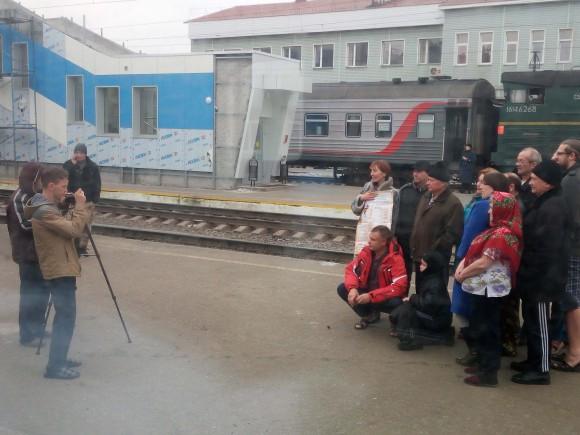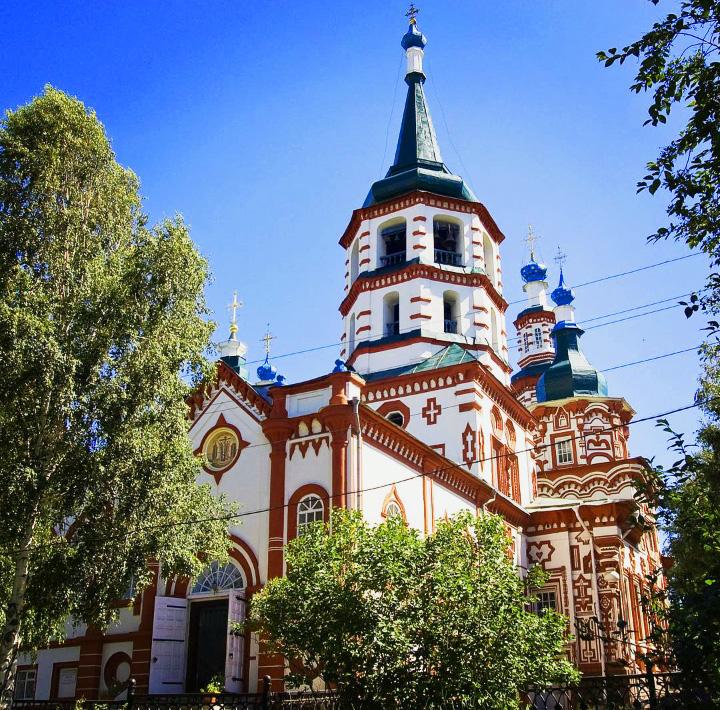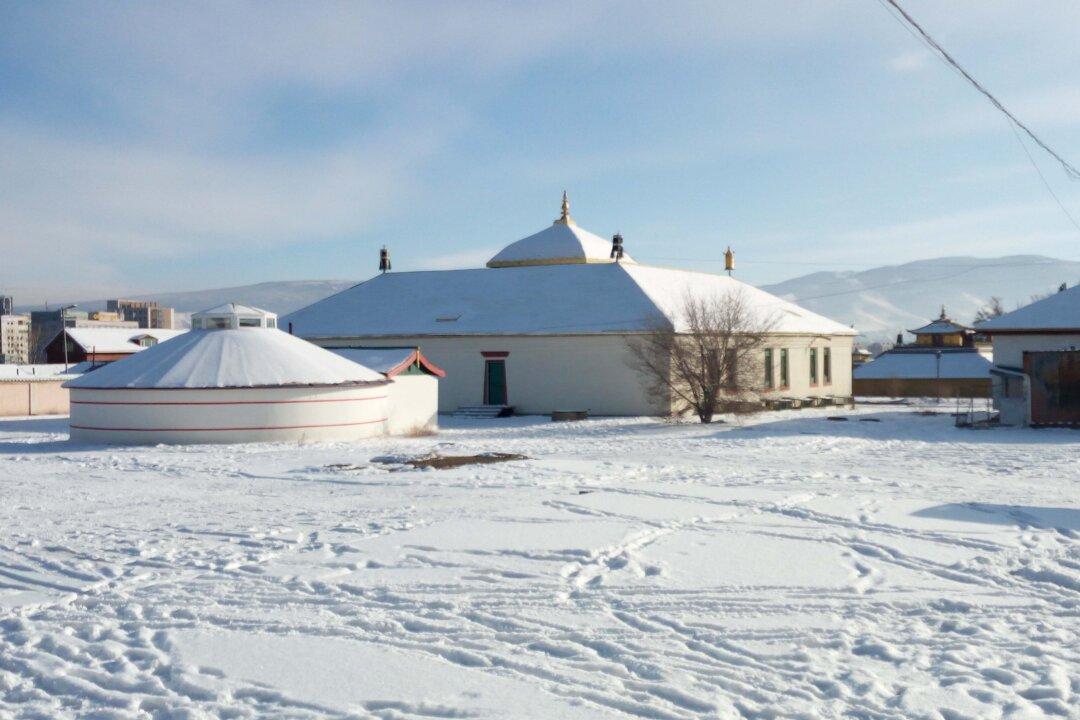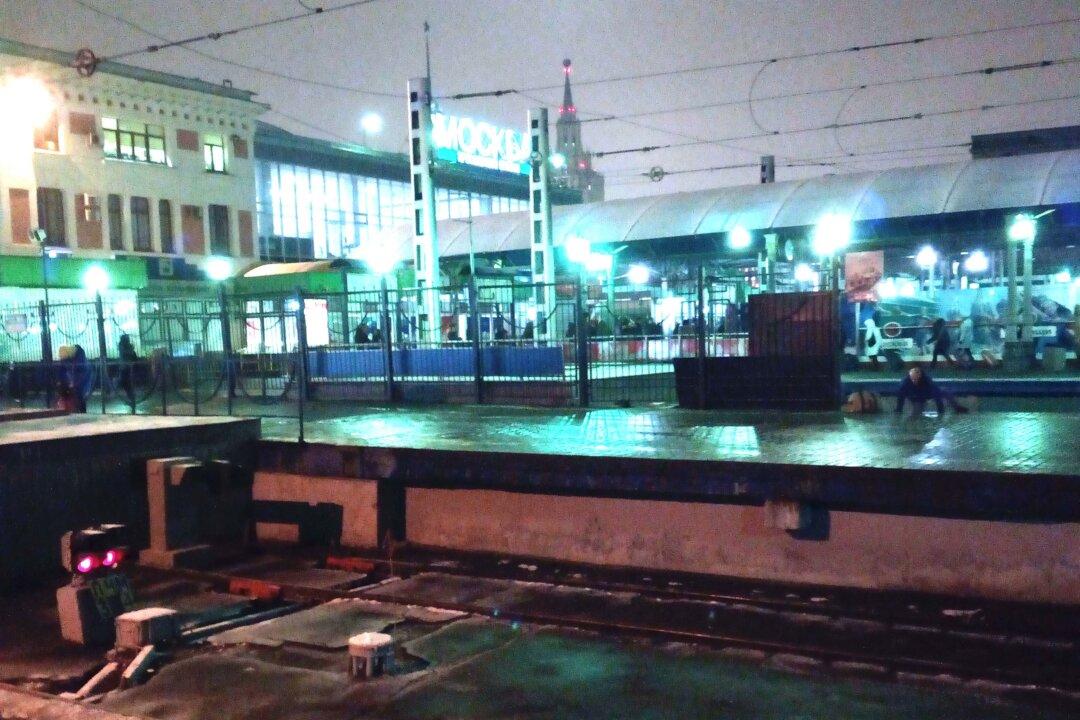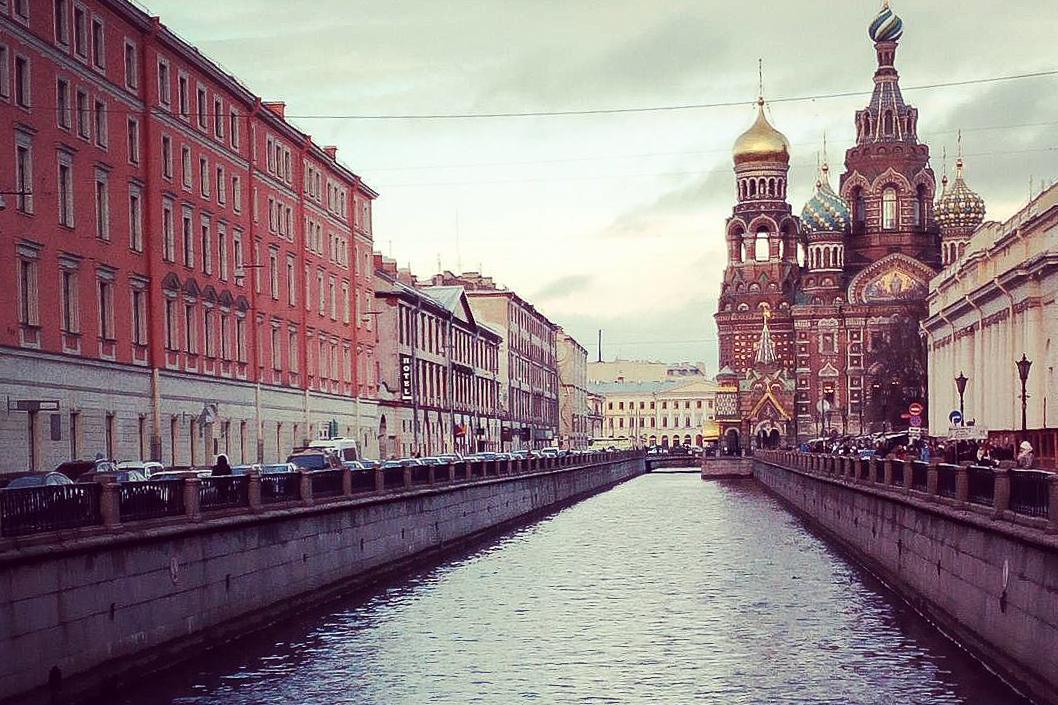The journey on the legendary Trans-Siberian Railway is one of the greatest travel adventures of our age. The Trans Siberian Girl is traveling on the world’s longest train ride from St. Petersburg, Russia to Hong Kong. The travel from West to East took her to various places across Russia, Mongolia and China, a journey of over 10,000km. Read below about her tips, advice and stories on making the trip of a lifetime possible.
Life on the train–Novosibirsk to Irkutsk
This time the train was almost full, only the top bunks were available to reserve online, which meant I was going to have to have someone help me put my big backpack on the top shelf. Next to me there was a group of men watching me trying to put my things on the top level, then one of them got up and helped me. We set down on the empty bunks and started talking in Russian. The four men were from Uzbekistan and offered to share their meal, some bread and hot tea.
They told me that they were on their way to work in the deep forest of Siberia and had already spent five days on the train, riding from Uzbekistan. They work in Siberia for eight months straight, in a place where the average temperature goes well beyond -50 centigrade. Each one of them had three to four children and a wife back in Uzbekistan so they send money back to support their families.
